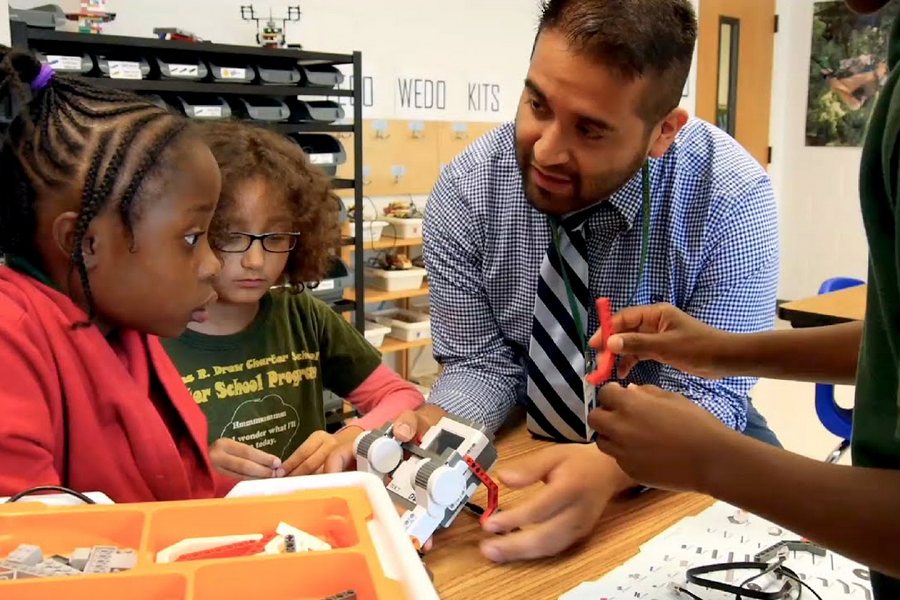The old-fashioned classroom, with its long lectures and rows of desks, is gradually disappearing. Project-based learning is a new educational movement taking shape in UAE classrooms. With this engaging method, students are thrown out of the classroom and into the exciting state of practical investigation and actual life-solving issues. However, what precisely is collaborative learning, and exactly why is it causing so much excitement in the best Indian school in Sharjah?
Think of learning as doing rather than reading. Envision pupils building model cities powered by solar energy, creating environmentally friendly packaging, or even planning fundraising events for nearby nonprofits. Encouraging students to work together on extended projects that stretch their abilities and push them to think outside of the box by using their different skill sets is the core of PBL.
The Significance of PBL
Project Based Learning is more than just a fad; it’s an essential tool for enabling the next generation of thinkers and problem solvers in a society that demands quick thinking and adept problem solving. Let’s examine a few of the main advantages that make PBL revolutionary in UAE education:
Bridging the Gap: From Theory to Practice
No more feeling disconnected from the classroom! PBL seamlessly integrates theoretical knowledge with practical application. Students can witness firsthand how their classroom lessons translate into real-world solutions, fostering a deeper understanding and appreciation for learning.
Cultivating Critical Thinkers
PBL isn’t about spoon-feeding answers. It’s about navigating open-ended challenges, requiring students to analyze information, solve problems creatively, and make informed decisions – all vital skills for navigating the complexities of the 21st century.
Fostering Collaboration and Communication
From brainstorming ideas to executing projects, PBL thrives on teamwork. Students learn the art of collaboration, effective communication, and conflict resolution – skills that are not only essential for academic success but also for building fulfilling careers and meaningful relationships.
Rekindling the Joy of Learning
Let’s face it, traditional learning can often feel monotonous. PBL injects excitement and ownership into the educational journey. Students become active participants, driving their own learning and taking pride in their accomplishments. This intrinsic motivation fuels a lifelong love for learning, a fundamental building block for success.
The Ripple Effect of PBL
The repercussions of PBL stretch well beyond examination results and academic evaluations. It equips students with the weaponry they require to flourish in a dynamic and perpetually evolving world:
- Preparing for the Future of Employment: Project-based learning nurtures ingenuity, flexibility, and the aptitude to think on their feet – all attributes highly coveted in today’s cutthroat job market.
- Forming Accountable Citizens: PBL frequently confronts real-world predicaments, such as environmental sustainability or societal injustices. This consciousness nurtures compassion, civic participation, and a sense of duty towards the globe around them.
- Sculpting Leaders of Tomorrow: By seizing control of their learning and collaborating adeptly, students develop the assurance and leadership skills essential to navigate intricate challenges and make a constructive impact in their communities.
Conclusion
To sum it up, Project-based learning is not just another educational fad. It’s a revolution in the making. By equipping students with the skills and mindset to succeed in the 21st century, PBL isn’t just preparing them for grades; it’s preparing them for life. As schools across the UAE, like City School Ajman, embrace this innovative approach, they pave the way for a generation of empowered learners ready to face challenges and seize the opportunities of a vibrant future.

Skydiver, ramen eater, DJ, vintage furniture lover and growthhacker. Producing at the intersection of modernism and elegance to answer design problems with honest solutions.


